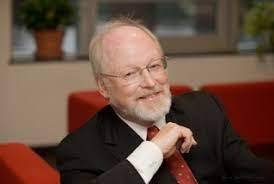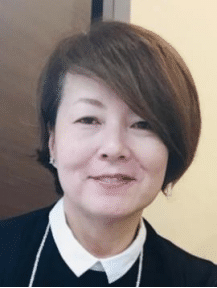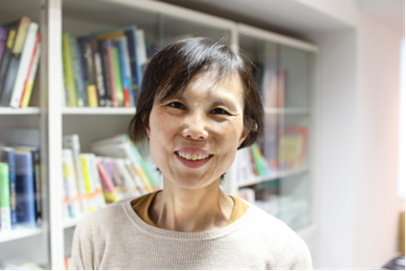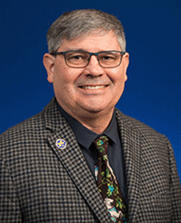Workshop 3:
Reassessing Standards of Quality in Mixed Methods Research
Oct. 30, 2021 (Sat) 10:50-12:20 JST
Language used: English and Japanese
This presentation will convey six standards that beginning and international researchers might use to assess the quality of their mixed methods studies. It will begin with the assumption that while the field of mixed methods has moved forward with new innovations, at the same time, the methodology has expanded around the world and is in frequent use by beginning researchers. As such, the field needs to better adapt to new researchers and to those coming to mixed methods with English as a second language. Accordingly, this workshop will address the worldwide movement of mixed methods research, and suggest that for new researchers and international scholars, the presentation of mixed methods needs to be simplified. It will then review the current discussions about quality standards in mixed methods, including those advanced by editors of mixed methods journals. It will then convey a small set of six standards, and illustrate these six standards using a recent mixed methods doctoral dissertation project from Japan. Both English and Japanese will be presented on powerpoint slides, and comments in the Zoom chat box will be solicited from participants during the presentation.
John W Creswell, PhD (University of Michigan)

|
John W. Creswell, Ph.D., is a professor of family medicine and senior research scientist at the Michigan Mixed Methods Program at the University of Michigan. He has authored numerous articles and 30 books on mixed methods research, qualitative research, and research design. While at the University of Nebraska-Lincoln, he held the Clifton Endowed Professor Chair, served as Director of the Mixed Methods Research Office, founded SAGE’s Journal of Mixed Methods Research, and was an adjunct professor of family medicine at the University of Michigan and a consultant to the Veterans Administration health services research center in Ann Arbor, Michigan. He was a Senior Fulbright Scholar to South Africa in 2008 and to Thailand in 2012. In 2011, he co-led a National Institute of Health working group on the “best practices of mixed methods research in the health sciences,” and in 2013 served as a visiting professor at Harvard’s School of Public Health. In 2014, he was the founding President of the Mixed Methods International Research Association. In 2015, he joined the staff of Family Medicine at the University of Michigan to Co-Direct the Michigan Mixed Methods Program. In 2016, he received an honorary doctorate from the University of Pretoria, South Africa. In 2017, he co-authored the American Psychological Association “standards” on qualitative and mixed methods research. In 2018 his book on “Qualitative Inquiry and Research Design” (with Cheryl Poth) won the Textbook and Academic Author’s 2018 McGuffey Longevity Award in the United States. He currently makes his home in Ashiya, Japan and Honolulu, Hawaii.
|
Mariko Hirose Creswell, PhD (Kwansei Gakuin University)

|
Dr. Hirose is a national certified psychologist, and a research associate in the Graduate Department of Psychological Sciences at Kwansei Gakuin University, Hyogo, Japan and an adjunct associate professor at the University of Hawaii at Manoa, the Department of Special Education. As a Hikikomori regional support coordinator, Dr. Hirose provides support services for youth affected by "Hikikomori," a social withdrawal syndrome and their families (2009-2014). Currently, she serves as a community development support coordinator at the ASD (autism spectrum disorders) Support Center (2013 to present). She has developed a family behavioral support program for adolescents with ASD and provides staff training program at the ASD Support Center. She has conducted research to develop a new comprehensive community support model for adolescents with ASD and their families using mixed methods research.
|
|




